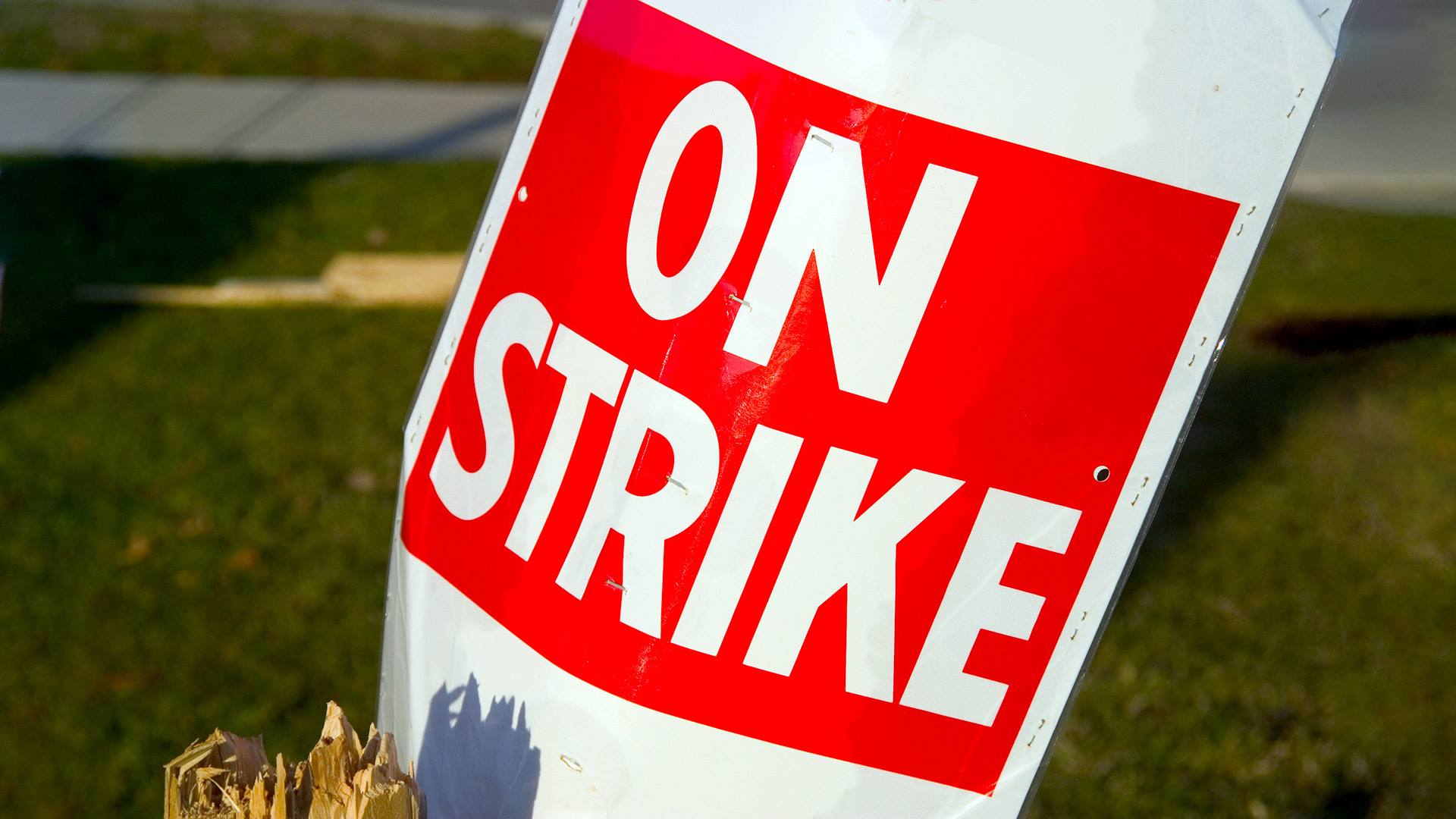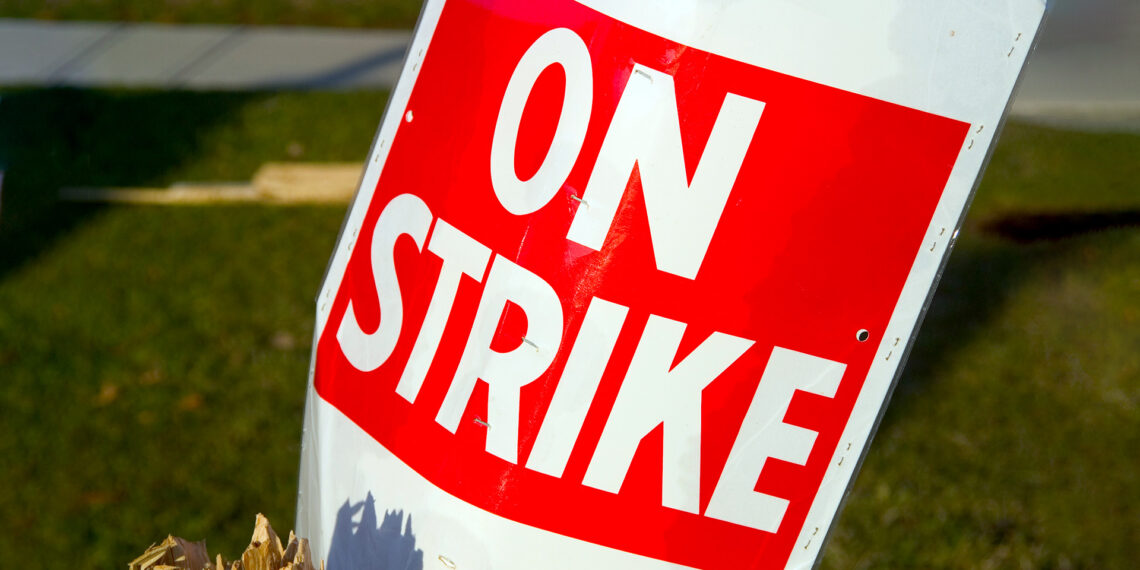[ad_1]

In a significant development impacting the daily commute for Philadelphians, members of the Fraternal Order of Police Lodge #109, the union representing SEPTA’s transit police officers, initiated a strike on December 13 over contract negotiations and pay issues, leaving commuters uneasy about their safety.
At approximately 7 p.m. on December 13, 83 out of 124 transit officers voted to go on strike, citing dissatisfaction with the contract offered by SEPTA.
This marked the third strike by the transit police union in the past 11 years, with previous strikes in 2012 and 2019 lasting about a week each.
The main point of contention in the negotiations has been pay, with officers working without a contract since March.
The proposed three-year contract, which included a 13 percent wage increase over 43 months and a $3,000 signing bonus, was rejected by the union in November.
Union representatives claimed that a promised three-year deal has not been presented, and the current offer does not align with the terms given to other SEPTA workers.
SEPTA patrol officer and FOTP President Omari Bervine said that transit officers are unhappy with the current treatment by SEPTA.
“Instead of walking the beat and patrolling public transit, we will be walking the picket line,” Bervine said. “SEPTA has devalued their patrol officers. This vote shows our members are tired of being shortchanged. We deserve comparable wages and terms to what bus drivers and other transit workers received.”
While SEPTA assured commuters that the strike would not impact route operations, concerns about safety have been raised.
The absence of transit police during the morning commute was evident, with shuttered police substations and unmanned service booths at Suburban Station in Center City.
Commuters expressed anxiety about the potential rise in crime during the strike, given recent incidents that required swift action from SEPTA officers, including a fatal shooting of a stabbing suspect and the apprehension of a perpetrator involved in a stabbing at the 69th Street Transportation Center.
“As much that’s going on the trains and buses and stuff nowadays, I feel like that’s ludicrous,” subway rider Monte Hollywood told NBC10. “We need the SEPTA police. We need the SEPTA police. Trains are getting out of hand. Buses are getting out of hand.”
To mitigate the impact of the strike, SEPTA has activated a contingency plan involving collaboration with the Philadelphia Police Department, local law enforcement agencies, university police and private security workers.
Supervisory transit police will work extended shifts to maintain a presence at key locations, and private security guards will be deployed as needed, particularly on the Market-Frankford Line, Broad Street Line and Regional Rail hubs in Center City.
SEPTA Police Chief Chuck Lawson said that he will be on patrol himself, along with other supervisors not in the union.
“Yep, myself, my immediate command staff, every supervisor from sergeant to captain,” SEPTA Police Chief Chuck Lawson said. “It’s not gonna look much different. You’re gonna see police officers out there. A number of officers are gonna be out there in spots we need them the most.”
However, some commuters remain skeptical, expressing concerns that the substitute officers may not be as familiar with the transit system as the union’s officers.
The union’s vice president, Troy Parham, claimed that the strike was a result of SEPTA’s management not addressing the union’s needs and urged for the implementation of binding arbitration to avoid future strikes.
“[Rider safety is] paramount to us. But we’re not here to get taken advantage of. This is not our strike. This is a management strike. They know what it would’ve taken to keep us at work, and they know what it will take to get us back to work. The ball is in their court,” Parham said in a news conference.
In response, SEPTA Spokesperson Andrew Busch said the agency is willing to renegotiate any time to resolve the matter.
“Our negotiating team is ready to go at any time,” Busch said. “We’re hopeful that maybe we can get a session with everybody back at the table, along with the state mediator who has been part of the talks. We’re hoping that we can get everyone back together tomorrow and try to make this strike as short as possible.”
As negotiations continue, commuters are left to navigate an uncertain commute during the holiday season, with fears of increased crime and an urgent call for both parties to reach a resolution.
[ad_2]




